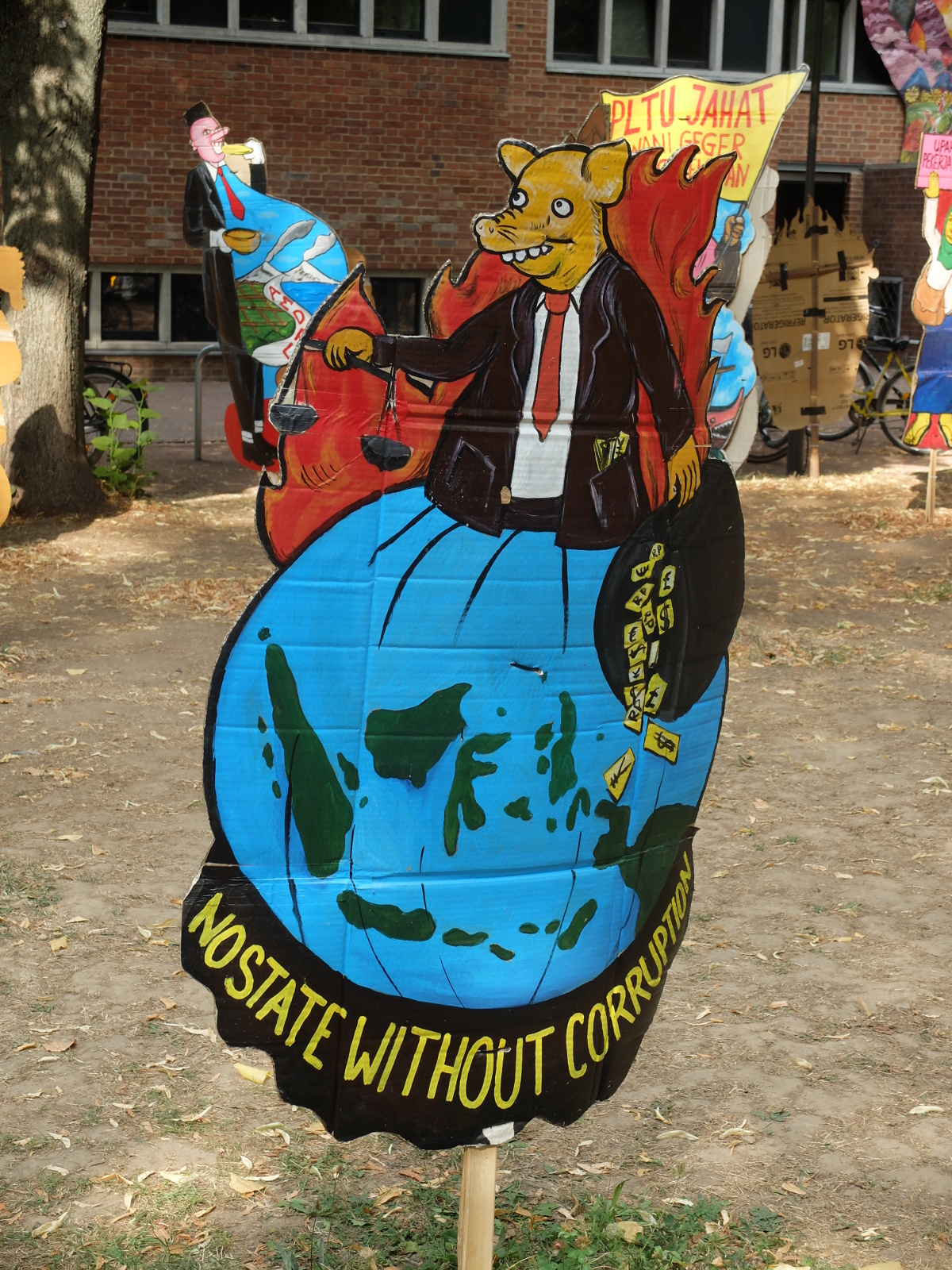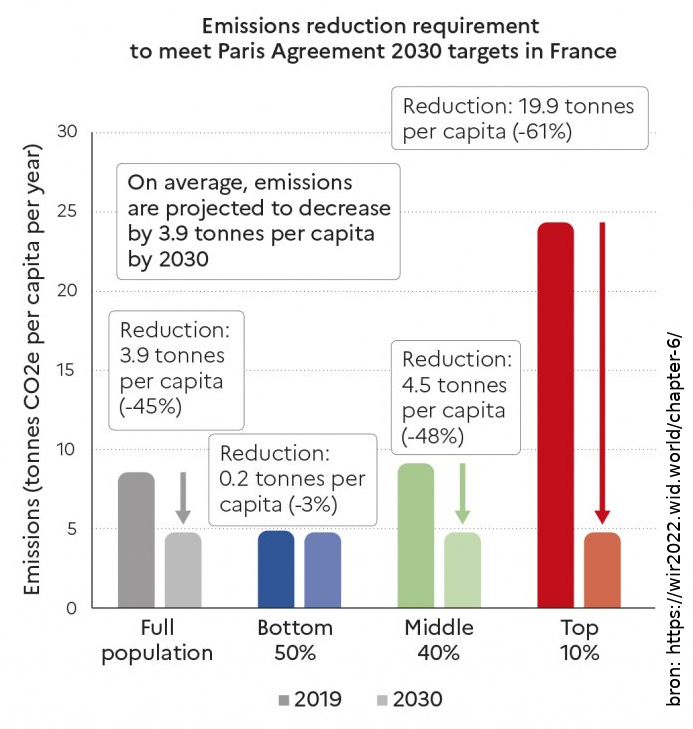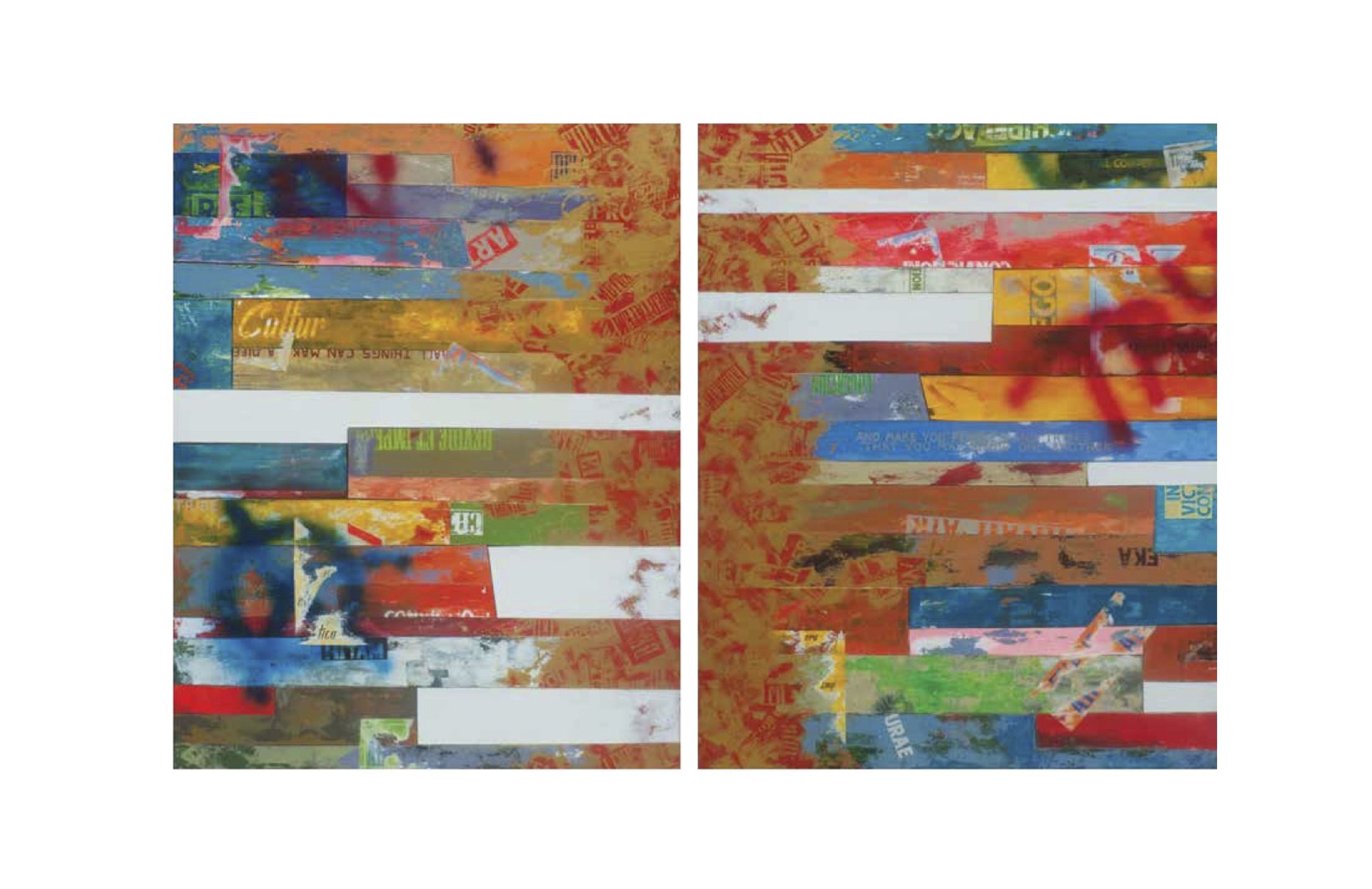Cooperatism
“Documenta 15’s framework suggests the massive exhibition as an attempt to showcase egalitarian survival strategies and community initiatives from the Global South … The concept of ‘lumbung’ is offered as a resource to ‘heal today’s injuries, especially ones rooted in colonialism, capitalism, and patriarchal structures.’
And yet … the types of initiatives most celebrated here … are just more or less the accepted aesthetic preferences of international NGO culture, which values tangible deliverables and loves to produce texts with the word ‘community’ in them. Indeed, almost all these works come with a label that explains what government agency or foundation has helped support them. …
Much of the justificatory text here about sharing and cooperation as a new model of co-habitation that challenges neoliberalism and colonialism seems to me to mistake effects for causes. Things aren’t unsustainable, either in art or more broadly, because of a bad mindset. … [They are because] … a tiny group of the world’s population controls a vast majority of its wealth and resources, and has it in its interests to keep it that way.
The major problem is not an abstract ‘Western’ habit of thought, like ‘hierarchy’ or ‘individualism,’ which you can fix by turning to collaboration. These are deflections of the kind that the non-profit world inculcates, as Anand Giridharadas argues in Winners Take All, because non-profit culture functions by reframing the ‘political as personal,’ turning systemic problems into things that can be solved via workshops, at the level of interpersonal dynamics or clever bootstrap initiatives …”
aus: Ben Davis: Documenta 15’s Focus on Populist Art Opens the Door to Art Worlds You Don’t Otherwise See—and May Not Always Want to, Artnet, 6.7.22, im Internet
08/22




